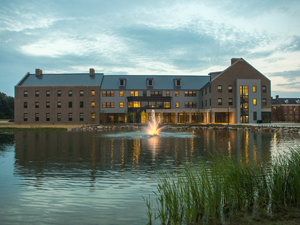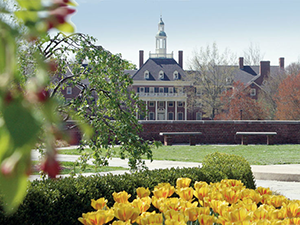
Leadership Neighborhood
The Leadership Neighborhood is where students can develop their leadership skills. It provides a supportive environment for residents to learn through engaging programs, community involvement, and collaborative projects. This community is an ideal home for students who want to make their mark at Miami.
- Emerging Leaders
- Scholar Leaders
- Upperclass housing








